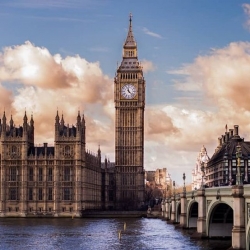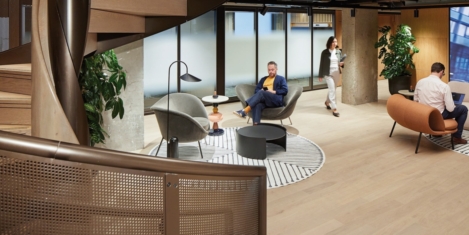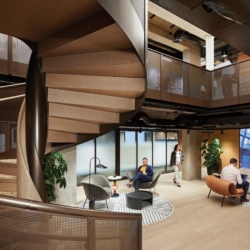April 7, 2025
Lack of skills, work ethic and too many demands deter firms from employing candidates
 Many UK employers are continuing to struggle to fill vacancies, with new research revealing a sharp disconnect between candidate expectations and employer requirements. A recent poll by the Chartered Management Institute (CMI) claims to shed light on why so many applications are being rejected despite a strong demand for workers across key industries. According to the CMI, a significant number of organisations are turning away applicants who they believe lack the necessary ‘attitude’ or ‘work ethic’. The poll, which surveyed over 1,000 managers, found that around four in five employers had rejected candidates on the basis of soft skills, rather than qualifications or experience. This emphasis on attitude over aptitude reflects a broader trend in recruitment, where cultural fit and interpersonal qualities are increasingly valued – and, often, missing from the applicant pool. (more…)
Many UK employers are continuing to struggle to fill vacancies, with new research revealing a sharp disconnect between candidate expectations and employer requirements. A recent poll by the Chartered Management Institute (CMI) claims to shed light on why so many applications are being rejected despite a strong demand for workers across key industries. According to the CMI, a significant number of organisations are turning away applicants who they believe lack the necessary ‘attitude’ or ‘work ethic’. The poll, which surveyed over 1,000 managers, found that around four in five employers had rejected candidates on the basis of soft skills, rather than qualifications or experience. This emphasis on attitude over aptitude reflects a broader trend in recruitment, where cultural fit and interpersonal qualities are increasingly valued – and, often, missing from the applicant pool. (more…)



































February 20, 2025
We may think we are pretty aware of the effects of AI. But posterity may draw different conclusions
by Jo Sutherland • AI, Comment, Wellbeing